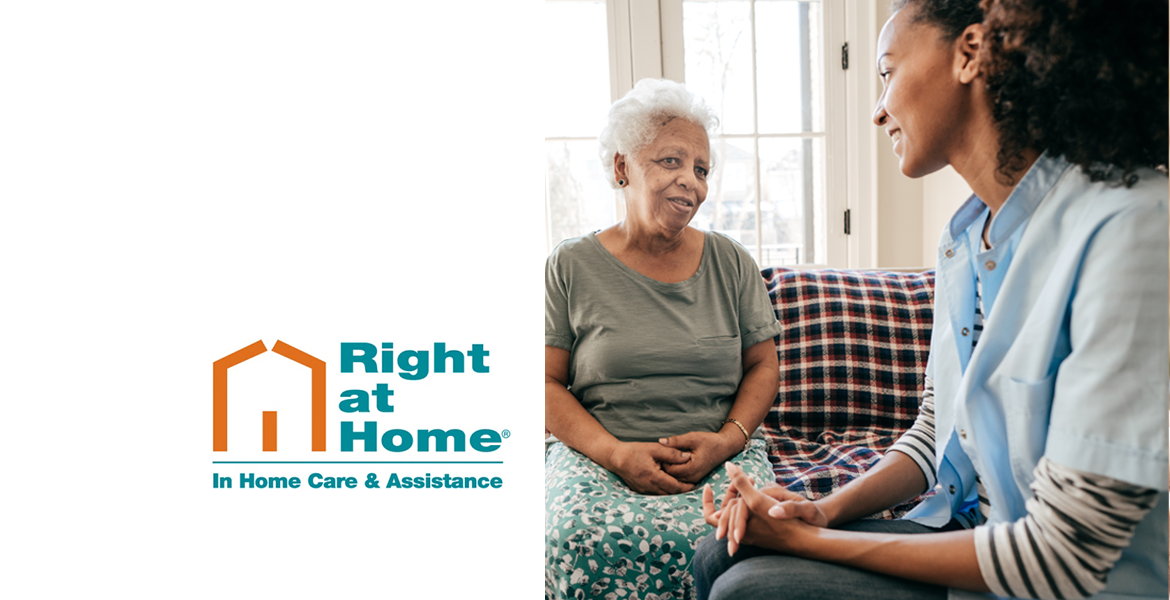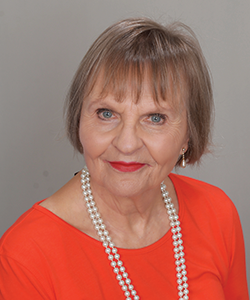
Register Now
Webinars are free and open to the public. You do not need to be an ASA member to attend.
Includes one complimentary Continuing Education (CE) credit.
To request speech-to-text captioning during this event, please contact us.
Nearly 27% of Americans older than age 65 live alone. While this population shares the same concerns and challenges of older adults who are aging with a partner or who have adult children nearby, clinicians, home health aides, social workers and senior service providers need to be alert to the issues unique to those patients and clients who are aging solo. For instance, maintaining independence; safeguarding health; fostering physical and mental activity; building a supportive network, socialization and relationships; financial planning; and having access to transportation can require more detailed and advanced planning and execution for adults aging solo.
In anticipation of a growing population of adults aging solo, whether childless or living at a distance from their adult children, clinicians and senior providers must understand the complexities and barriers to serving this population to provide ideal care. Furthermore, it’s even more important to educate patients, clients and even caregivers on strategies that promote successful solo aging.
In this timely and practical webinar, Carol Marak will help clinicians expand their understanding of issues and challenges unique to older adults aging solo, as well as give them a broader understanding of what is required when evaluating the care plans of such older adults.
Participants in this webinar will be able to:
- Define aging solo and the rate at which this community is growing.
- Recognize the risks and challenges older adults face in aging solo.
- Discuss the different planning strategies to proactively prepare for aging solo.
Presenter:
 Carol Marak is the founder of the Elder Orphans Facebook Group and author of “Solo and Smart: The Roadmap for a Supportive and Secure Future.” Carol is recognized nationally as the go-to authority on solo aging. Family caregiving was her wake-up call to the notion that having a plan is essential to aging well. Over time, Carol has learned that the key to planning for the future is applying the discipline of critical thinking—carefully evaluating how we examine and manage life’s domains.
Carol Marak is the founder of the Elder Orphans Facebook Group and author of “Solo and Smart: The Roadmap for a Supportive and Secure Future.” Carol is recognized nationally as the go-to authority on solo aging. Family caregiving was her wake-up call to the notion that having a plan is essential to aging well. Over time, Carol has learned that the key to planning for the future is applying the discipline of critical thinking—carefully evaluating how we examine and manage life’s domains.

